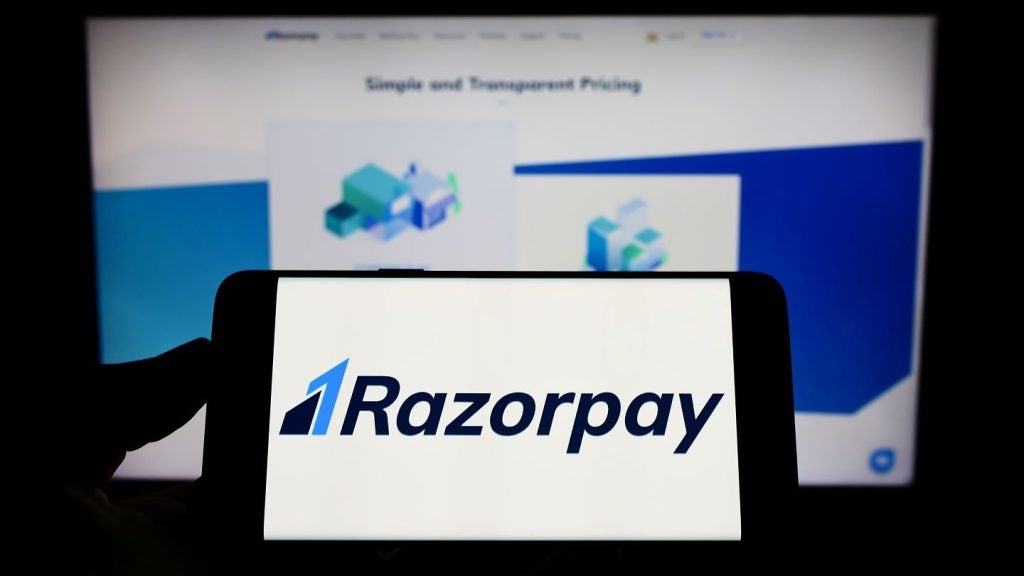Barclaycard’s agreement with Co-op Pharmacy, a division
of The Co-op’s supermarket estate in the UK, to offer contactless
payment acceptance could pave the way for a boom in contactless
payments. John Hill reports on the deal and Barclaycard’s plan with
Orange to roll out NFC mobile phones in 2011.
 The UK’s Co-operative Pharmacy is to trial contactless
The UK’s Co-operative Pharmacy is to trial contactless
payment in its branches after joining forces with Barclaycard. The
trial will incorporate all contactless bank cards and will begin in
approximately 50 Co-operative Pharmacy branches early next year
after an agreement was signed with Barclaycard, in partnership with
Visa.
If successful, the Co-operative
Pharmacy said it intends to roll out the technology to more than
500 branches by March 2011 before implementing it across the brand.
The project is part of a wider Co-operative Group initiative, which
will see the business become the UK’s first major food retailer to
introduce contactless payment if initial tests are successful.
Roll-out of contactless payment in
the UK began in 2007 and there are now over 9m contactless-enabled
cards in circulation. Stuart Neal, head of UK payment acceptance at
Barclaycard said the deal is an important step forward towards the
wider usage of contactless in the marketplace.
“The deal is really a publicly
stated intention on both sides that Co-op are going to initially
pilot, but then roll out contactless across their estate,” he
said.

US Tariffs are shifting - will you react or anticipate?
Don’t let policy changes catch you off guard. Stay proactive with real-time data and expert analysis.
By GlobalData“It will start with 100 stores and
then look to deploy across their business. What’s really exciting
about this from our point of view is that we’ve been working with a
number of top tier supermarkets for a while because we see mass
market adoption of contactless and supermarket rollout as going
hand in hand.”
 Critical
Critical
mass
With a large retailer like Co-op now looking to implement the
technology across its properties, there is a question over whether
contactless has reached tipping point, after which many of the
other high street brands will start following suit. Neal said it
may be too soon to tell, but believes interest in the payment
system is increasing.
“Our customers are very broad
ranging, so we have 90,000 SME customers and between 2,000-3,000
corporate customers. Certainly at the larger end of the book, the
publicly listed companies, they are all interested and excited
about contactless,” he added.
“So we are talking to a lot of top
tier retailers but we are not in position to go public with those
conversations. What I will say is that there is a lot of interest
and we are hearing that people would like to combine a contactless
rollout with their usual cycle of replenishment of their electronic
point-of-sale systems.”
“We are in the middle of a natural
re-issuance cycles, so by the end of 2012 all of our debit card
portfolio should have been replenished. That means the Connect
debit cards, for example, will be contactless-enabled as well as
the standard consumer credit cards.”
Positive signs
Previous successes with chains like Prêt a Manger and Subway
have given contactless a real case among larger high street stores,
though success with smaller entities could be key to enabling this
migration. They are the businesses most likely to be hit hardest by
card fees on lower value payments, and the least able to make
investments in technology.
Another element is persuading the
public themselves to use the technology, potentially replacing
other methods of payments like cash. Neal dismissed a recent
statement from research organisation Datamonitor which claimed the
technology was mainly hype.
“We feel very strongly about
contactless; we see the adoption rates, we’re the ones having the
conversations with the retailers and I think what you’ve seen with
the Co-op deal is our way of saying back to the market ‘We are
having these conversations and supermarkets are very interested in
having the capability to use contactless,” he said.
“The Co-op happens to be the first
supermarket that are formally announcing they are going to rollout,
and we’ve put out 8m cards into the marketplace; we believe that
strongly about it. We are getting a very positive response from the
merchant community about acceptance.”
M-payments relates to
contactless
Similar to contactless, there has been a lot of discussion
recently and a lot of hype behind mobile payments. Neal explained
how Barclaycard is looking to use the technologies together in the
next few years:
“We’re certainly looking at
m-payment as it relates to contactless. What contactless does is
really enable mobile payments as a possibility and bringing mobile
payments into the face-to-face, over-the-counter world,” he
said.
Neal said Barclaycard was trialling a mobile contactless product
with Orange and is looking to roll out the phones at some point in
2011, with a view to further adoption by 2012.







